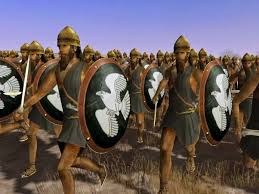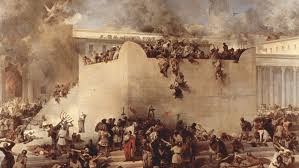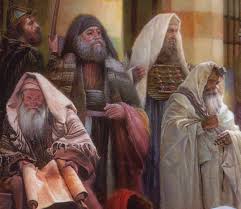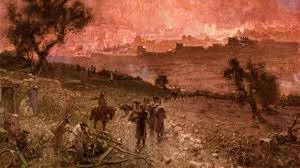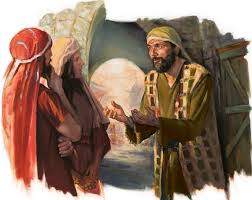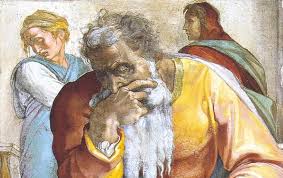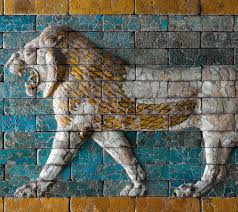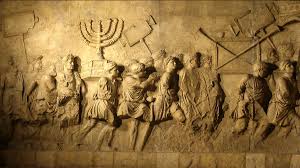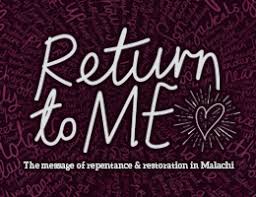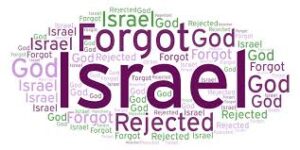Bg – The Broken Covenant and the Resulting Judgment 11:1 to 12:17
The Broken Covenant
and the Resulting Judgment
11:1 to 12:17
During the reign of Josiah
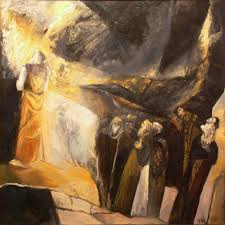
This message from God’s prophet focuses on Judah’s broken covenant (11:1-17). Though the message itself is not dated, several indicators help date the passage to 621 BC, six years after Jeremiah began his ministry. That year the Temple was being repaired as part of King Josiah’s reforms, and a copy of the scroll of Deuteronomy was discovered in the renovation (to see link click Ai – Josiah Ruled For 31 Years from 640 to 609 BC). Several of Yirmeyahu’s references seem to allude to this discovery of the Second Law and the realization of just how badly they had missed the mark. God’s prophet called on the people to heed the words of the covenant that Josiah read to them.
The consequences of violating the covenant were devastating (11:18-12:17). The people responded to Jeremiah’s rebuke by trying to kill him, but God revealed their plot to him. This was the first episode in their continuing opposition to his ministry. The prophet’s response was to ask Ha’Shem to execute His vengeance on the conspirators. God responded by assuring Yirmeyahu of His swift judgment. The plot against Jeremiah was formulated by the men of Anathoth, Yirmeyahu’s own hometown, who ordered him not to prophesy or he would die at their hands. YHVH promised to punish the rebels with the sword and with famine. Anathoth would suffer disaster because of her opposition to the LORD’s messenger.



